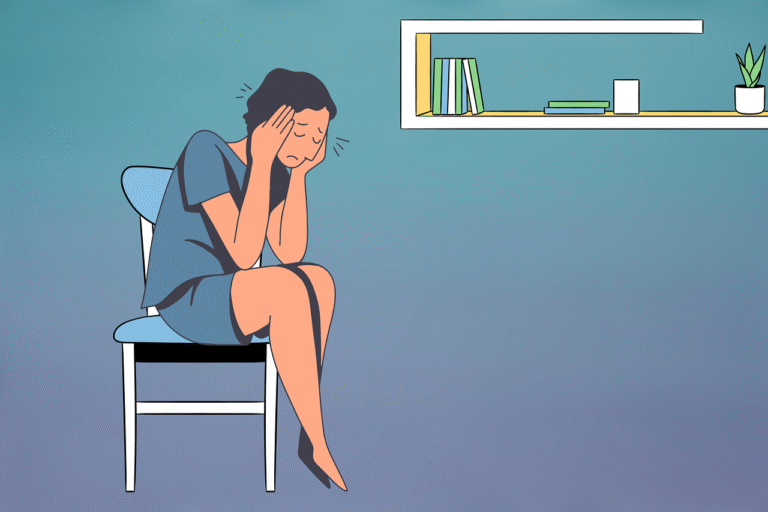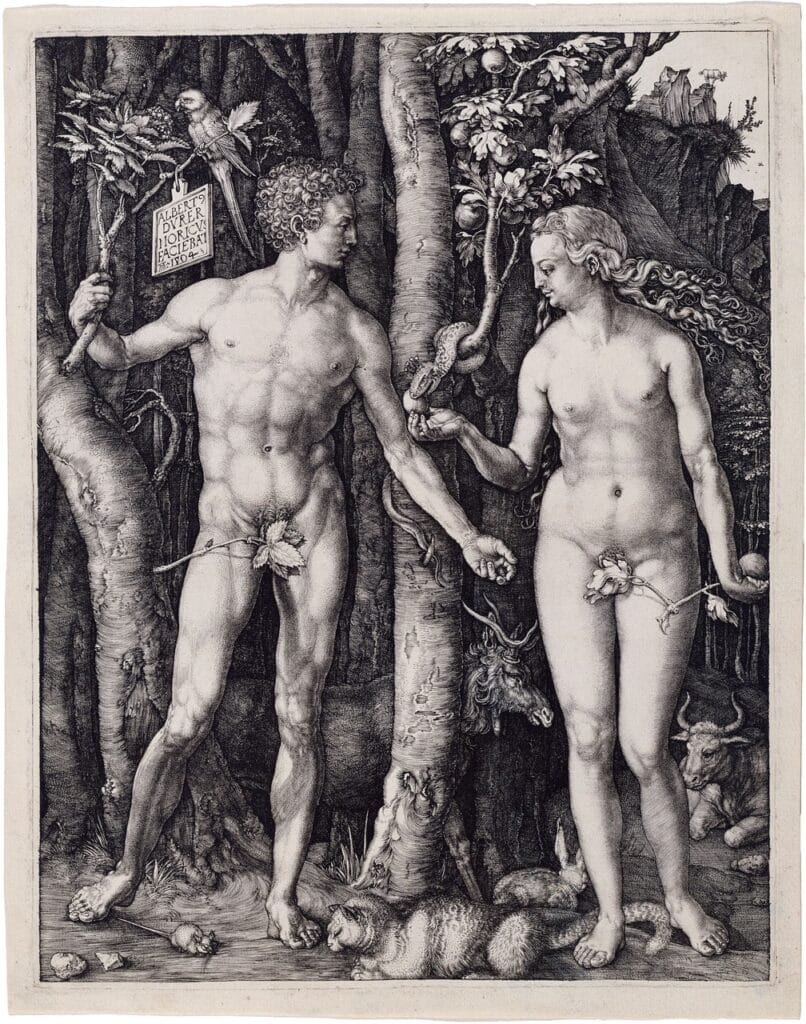
In a world where Eve chose not to eat the forbidden apple, the course of human history might have been drastically different. This article explores how this pivotal moment in the biblical narrative could have reshaped humanity, society, and the very fabric of our existence.
The Garden of Eden: A Perfect World
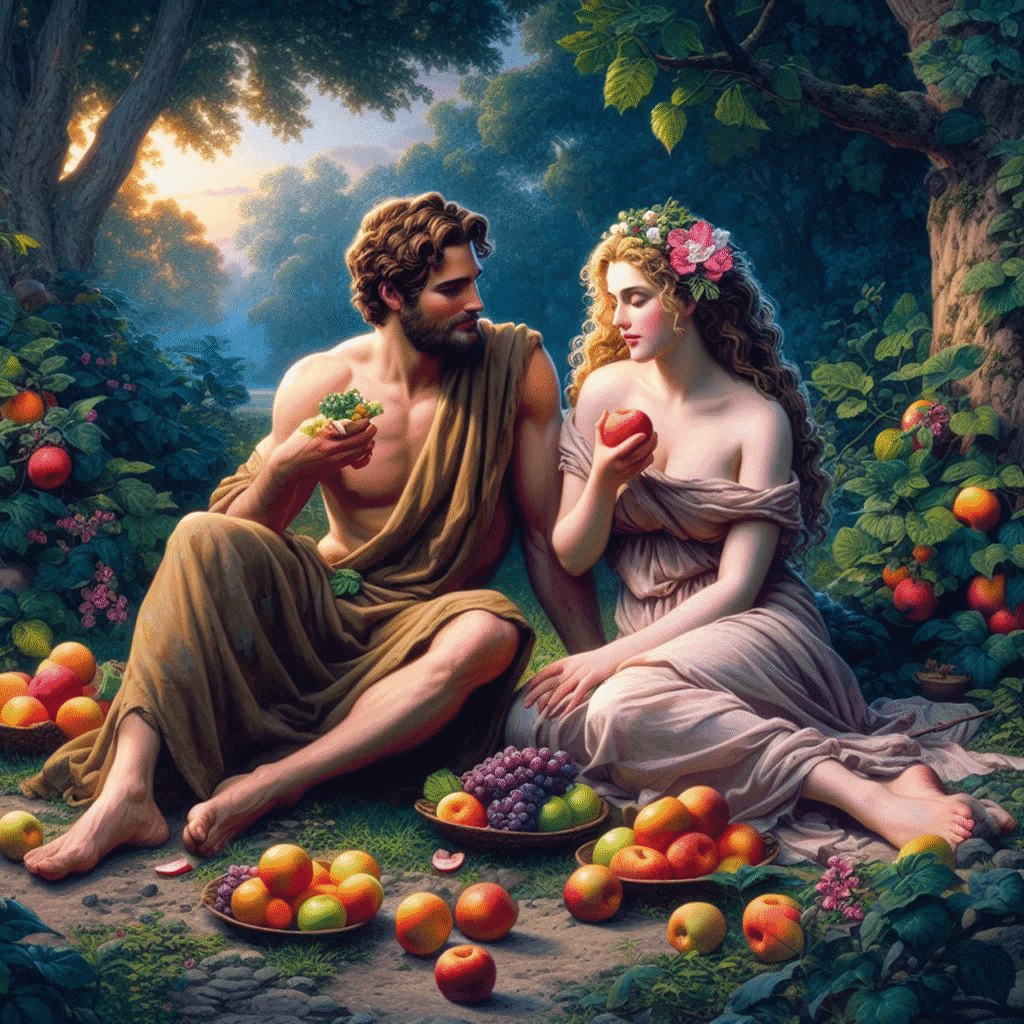
The story of Adam and Eve in the Garden of Eden represents humanity’s earliest days, a time of innocence and purity. In this idyllic setting, Adam and Eve lived in harmony with nature, enjoying a close relationship with God. They had everything they needed, including food, shelter, and companionship. The Garden was a place devoid of pain, suffering, and sin. The absence of these elements created a peaceful existence for the first humans.
Had Eve not eaten the apple, the Garden of Eden would have remained untouched by the complexities that arose from disobedience. The fundamental principles of life would have been rooted in purity and innocence. Without the knowledge of good and evil, Adam and Eve would not have understood the concepts of sin and morality. Their lives would have continued in a state of blissful ignorance, promoting a simpler, more harmonious existence.
The Concept of Free Will
The act of eating the apple introduced the idea of free will into the human experience. This choice allowed humans to choose between right and wrong, paving the way for moral dilemmas and ethical questions. If Eve had refrained from eating the apple, the concept of free will may not have developed in the same way. Humans would have likely remained in a state of obedience to divine command without the burden of moral choices.
In this scenario, society would have evolved with a different understanding of autonomy and self-determination. The very foundations of human rights, personal freedom, and societal structures might have developed differently. Without the introduction of sin, humanity may have progressed without the conflicts that often arise from differing moral viewpoints and ethical frameworks.
The Impact on Knowledge and Education
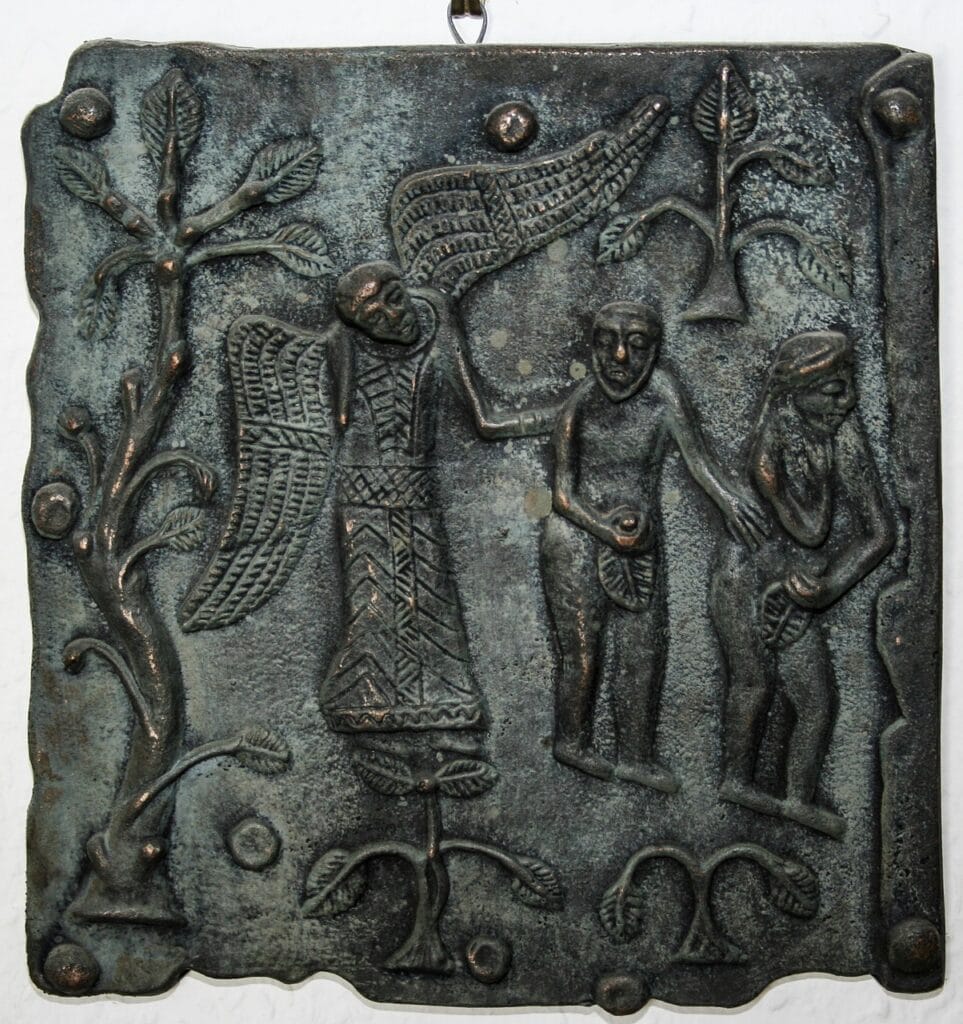
Eve’s decision to eat the apple is often linked to the pursuit of knowledge. This quest for understanding has driven much of human advancement throughout history. If Eve had not eaten the apple, the thirst for knowledge might have been stifled. The desire to explore, innovate, and learn could have been replaced with contentment and acceptance of life’s mysteries.
In a world without the quest for knowledge, education as we know it might not exist. Schools, universities, and institutions dedicated to study and discovery could be absent. Instead, knowledge would be passed down through oral traditions, focusing more on maintaining harmony with nature rather than intellectual advancement. This would lead to a society that values simplicity over complexity, potentially sacrificing technological and cultural progress.
The Role of Religion and Spirituality
The narrative of Adam and Eve set the foundation for many religious beliefs and teachings. The fall from grace introduced concepts of sin, redemption, and salvation that are central to many faiths. If Eve had not eaten the apple, religious doctrines would have developed differently, potentially leading to a more unified spiritual understanding.
In this alternate reality, the absence of original sin might create a world where humanity is seen as inherently good. Religion might focus more on celebrating life and connection with the divine rather than emphasizing guilt and the need for redemption. This shift could foster a more inclusive approach to spirituality, promoting peace and cooperation among different belief systems.
Societal Structures and Governance
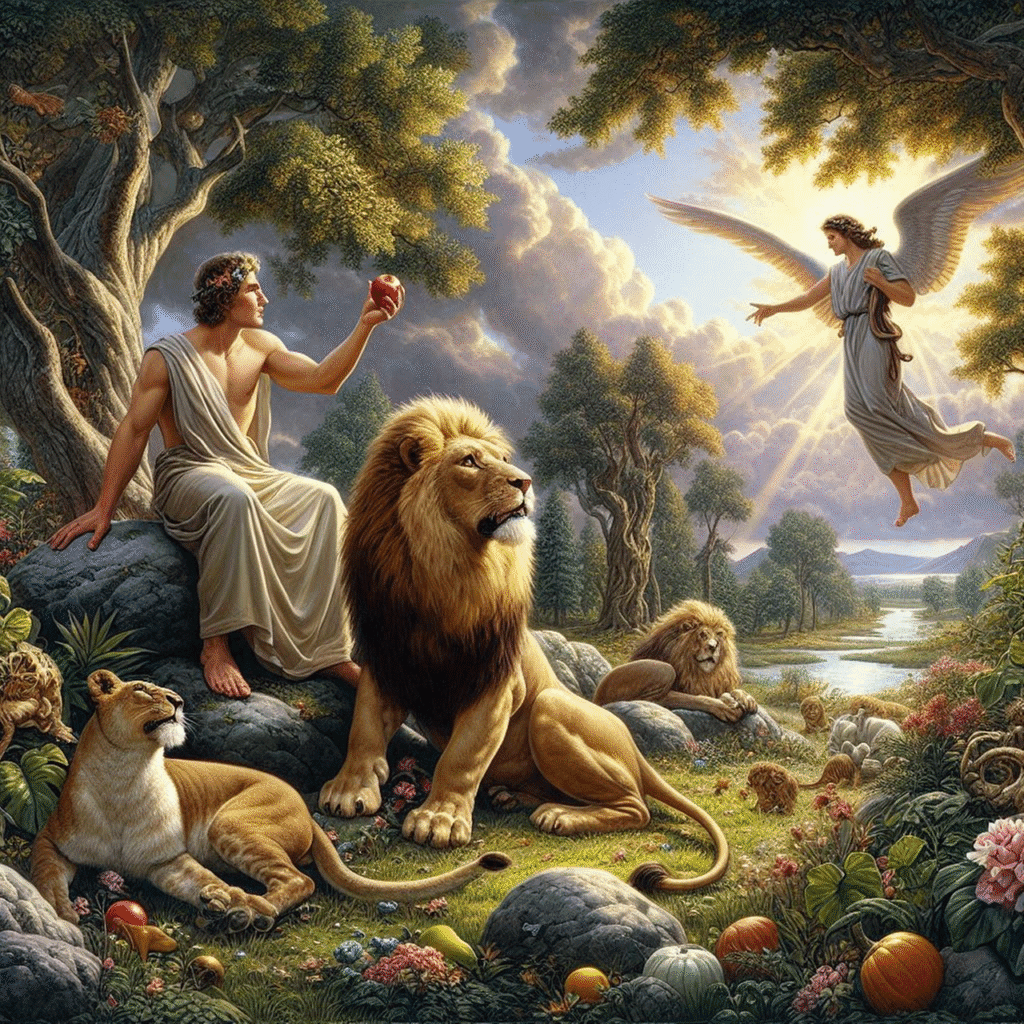
The introduction of sin and the subsequent need for governance emerged from humanity’s struggle with moral complexities. If Eve had not eaten the apple, the concept of law and governance may have evolved differently. Societies might have been structured around communal living and shared values, minimizing conflict and competition.
In this scenario, leadership could be based on consensus rather than power dynamics. Communities might prioritize cooperation and collaboration, leading to a more egalitarian society. The absence of greed, ambition, and the desire for dominance would create a world where resources are shared equitably, promoting sustainability and environmental stewardship.
Gender Roles and Relationships
The story of Adam and Eve has long been interpreted through the lens of gender roles and relationships. Eve’s choice to eat the apple has often been used to justify patriarchal views in many cultures. In a world where Eve did not eat the apple, gender dynamics could reflect a more balanced approach to relationships.
Without the narrative of blame associated with Eve’s actions, men and women might share equal responsibility for decision-making and leadership. This could lead to a society that values diverse perspectives and collaborations between genders. The evolution of gender roles would likely emphasize partnership and mutual respect, fostering healthier relationships and families.
Technological Advancement
The quest for knowledge is often linked to technological advancement. If Eve had not eaten the apple, the desire for innovation and improvement may have been diminished. While humanity might have lived in harmony with nature, the lack of curiosity could hinder the development of tools, infrastructure, and technology.
In this alternate reality, life would be simpler but may also lack the conveniences that define modern existence. Without advancements in medicine, transportation, or communication, daily life would rely heavily on traditional practices and natural methods. This could create a society that values sustainability and self-sufficiency, but at the expense of the benefits brought by scientific discovery and technological progress.
Conflict and War
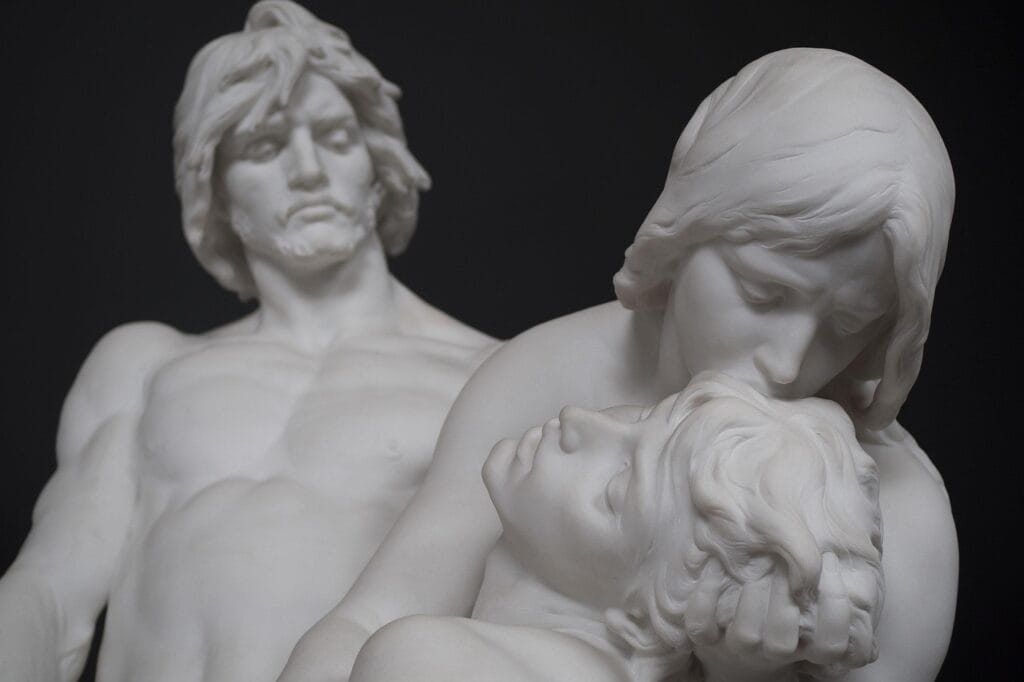
The introduction of sin and moral dilemmas has often led to conflict and war throughout history. If Eve had not eaten the apple, humanity may have avoided many of the disputes that arose from differing beliefs, ambitions, and desires. A world without the knowledge of good and evil could lead to a more peaceful existence, reducing the likelihood of violence and warfare.
In this scenario, conflicts might primarily arise from basic survival needs rather than ideological differences. The absence of greed and ambition could foster cooperation among communities, leading to a more harmonious existence. This could create a world where human life is valued, and efforts are focused on preserving peace rather than engaging in conflict.
The Evolution of Art and Culture
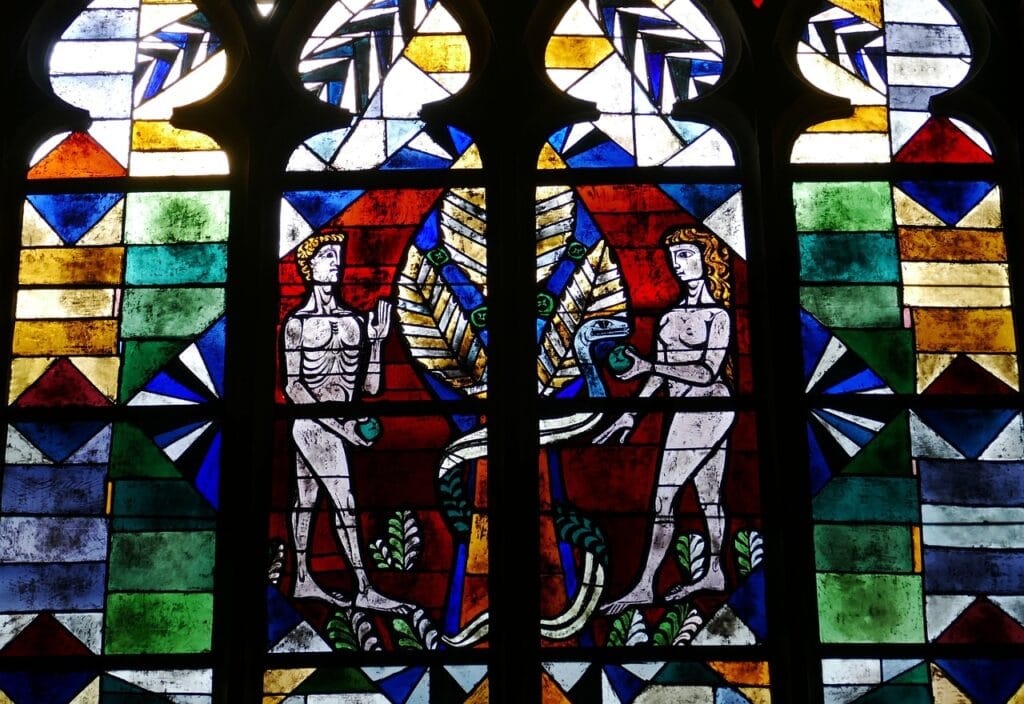
Art and culture often reflect the complexities of human experience, including pain, suffering, and joy. The fall from grace introduced themes of struggle and redemption that have shaped artistic expression throughout history. If Eve had not eaten the apple, the evolution of art and culture might take a different trajectory.
In a world devoid of conflict and moral ambiguity, artistic expression could focus more on celebrating beauty, nature, and harmony. Literature, music, and visual arts would likely prioritize themes of unity and connection, fostering a deeper appreciation for the world around us. This shift could create a rich cultural tapestry, but it may lack the depth and complexity that arise from human struggles and triumphs.
The Legacy of Choice
The decision to eat the apple symbolizes the power of choice and its consequences. If Eve had chosen differently, the legacy of choice would be fundamentally altered. Humanity would exist in a state of blissful obedience to divine will, potentially limiting the growth and development that comes from making decisions and learning from mistakes.
In this scenario, the concept of accountability and responsibility may not be as prominent. Without the lessons learned through hardship and adversity, society might lack resilience and adaptability. This could lead to a stagnation of growth, as humans may not encounter the challenges necessary for personal and communal development.
Conclusion
Imagining a world where Eve did not eat the apple opens the door to countless possibilities. From the evolution of society and culture to the understanding of morality and free will, the implications are profound. While the Garden of Eden represents a state of innocence and harmony, it also raises questions about the value of struggle, growth, and the human experience.
Ultimately, the choice made by Eve serves as a powerful reminder of the complexities of life. The lessons learned from the fall are integral to our understanding of humanity, morality, and the pursuit of knowledge. While a world without the apple may seem appealing, it is the challenges we face that shape our character and drive us towards growth and understanding.
FAQs
1. What are some interpretations of the story of Adam and Eve?
The story of Adam and Eve has various interpretations, including theological, literary, and cultural perspectives. Some view it as a tale of innocence and the consequences of disobedience, while others see it as a reflection of human nature and the quest for knowledge.
2. How does the concept of free will relate to the story?
The story highlights the significance of free will, as Eve’s choice to eat the apple represents the ability to make decisions. This act introduced moral dilemmas and ethical questions that have shaped human experience and societal structures.
3. What impact did the story have on gender roles?
The narrative has influenced societal views on gender roles, often portraying women as responsible for temptation and sin. This has led to various interpretations and debates regarding equality and the roles of men and women in society.
4. How might education differ in a world without the apple?
In a world without the apple, education might focus more on preserving harmony with nature and less on intellectual pursuit. Knowledge would be passed down through tradition rather than formal education, potentially leading to a simpler understanding of the world.
5. What can we learn from the implications of this scenario?
Exploring the hypothetical scenario of Eve not eating the apple teaches us about the importance of choice, struggle, and growth. It highlights how challenges and moral complexities shape humanity’s character and drive progress.


